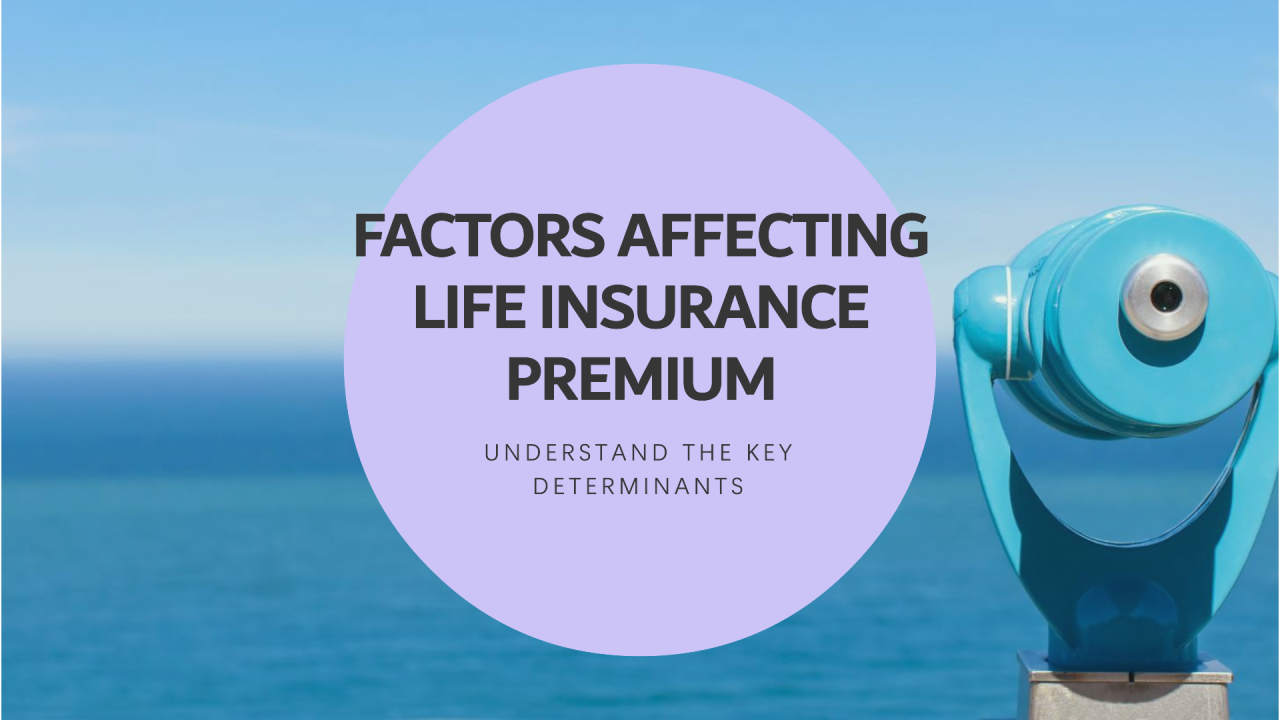Most super funds offer life insurance for their members. If you’re reviewing your life insurance, check what cover you have through your super fund so you can compare with other options.
Here we explain what types of life insurance you can get through your super and the pros and cons of this type of life insurance.
Super insurance
Super funds typically have three types of insurance for members:
- Death cover (also known as life insurance) – pays a benefit to your beneficiaries when you die, either as a lump sum or as an income stream
- Total and permanent disability (TPD) cover – pays you a benefit if you become seriously disabled and are unlikely to ever work again
- Income protection (IP) cover – pays you an income stream for a specified period if you can’t work due to temporary disability or illness
Your employer’s default super fund must offer a minimum level of life insurance, depending on your age. You can usually increase, decrease, or cancel your default insurance cover.
Your super fund’s website will have a product disclosure statement (PDS) which explains the insurer they use and details of the cover available.
Like other insurance policies, you will pay insurance premiums. If your insurance is through your super fund, the premiums are deducted from your super account balance.
Check your life insurance cover before changing super funds
Before switching or consolidating super funds, make sure you can get the death, TPD or income protection cover you want, in your chosen fund. Ask the super fund if they will allow you to transfer your current level of cover before you roll your super over. Be particularly careful if you have a pre-existing medical condition or are aged 60 or over. Seek financial advice if you are unsure.
Why get life insurance through your super?
There are benefits in getting your life insurance through super:
- It’s often cheaper because super funds purchase insurance policies in bulk
- You can get the cover you need for you and your family, even if money is tight
- It’s easy to manage because premiums are automatically deducted
- Some funds automatically accept you for cover without requiring a health check
- You can usually choose the amount you want to be covered for
However, you also need to be aware that:
- Limited cover – The types of insurance, and level of cover, are limited.
- Not portable – If you move to a different super fund or your employer’s super contributions stop, your cover may end without notice.
- Tax – Tax may be payable on some benefits and there may be tax implications if your beneficiary is not a dependant, ask your super fund if you need more information.
- Slower to pay – There can be delays in receiving benefits as the insurer pays the benefit to the fund first, who then distributes it to beneficiaries.
- Who gets paid – If you do not make a binding beneficiary nomination, or your fund does not offer binding nominations, the super trustee will decide who gets your benefits when you die, although your nomination will be taken into consideration.
- Ends at around age 65 – Life insurance coverage through super ends when you reach a certain age (usually 65 or 70), policies outside of super may cover you for longer.
- Reduces super balance – The cost of insurance premiums are deducted from your super balance, reducing the money available for your retirement.
Claiming on insurance through super
There are some important things you need to know if you’re making an insurance claim through super.
Claiming on insurance through super
To make a claim for insurance through your super fund you will typically need to submit a claim form. If you die, your estate or dependants should contact the super fund to find out how to claim death benefits.
Most super funds provide claim forms on their websites or you can call them and ask them to send you one.
When you make your claim, you may be asked to provide documentation that proves your condition, including medical reports. There may be waiting periods in some cases.
Some funds will allocate you a claims officer to be your point of contact if you have any questions during the claims process.
Unhappy with your super fund’s claims process?
If you’re unhappy with the claims process or unhappy because your claim is not accepted, complain to the super fund using its formal complaints process. Your super fund’s website should have details about how to complain. If not call and ask about the process, or look in the product disclosure statement.
If you’re not satisfied with the outcome, take your complaint to the Superannuation Complaints Tribunal (SCT). However, the SCT will not consider the matter unless you have used the superannuation fund’s complaint process first.
You do not need a lawyer to complain to your fund or to the SCT. Of course, you may find it helpful to use a lawyer or other professional adviser if you think the benefits outweigh the fees.
The key to deciding if insurance through super is right for you is; knowing how much cover you need, whether your super fund will offer the full amount, and being able to compare the costs and conditions of cover with other providers. Being insured through super is often a cost-effective and easy option, but it is a good idea to shop around to make sure you are getting the cover you want at a competitive price.


